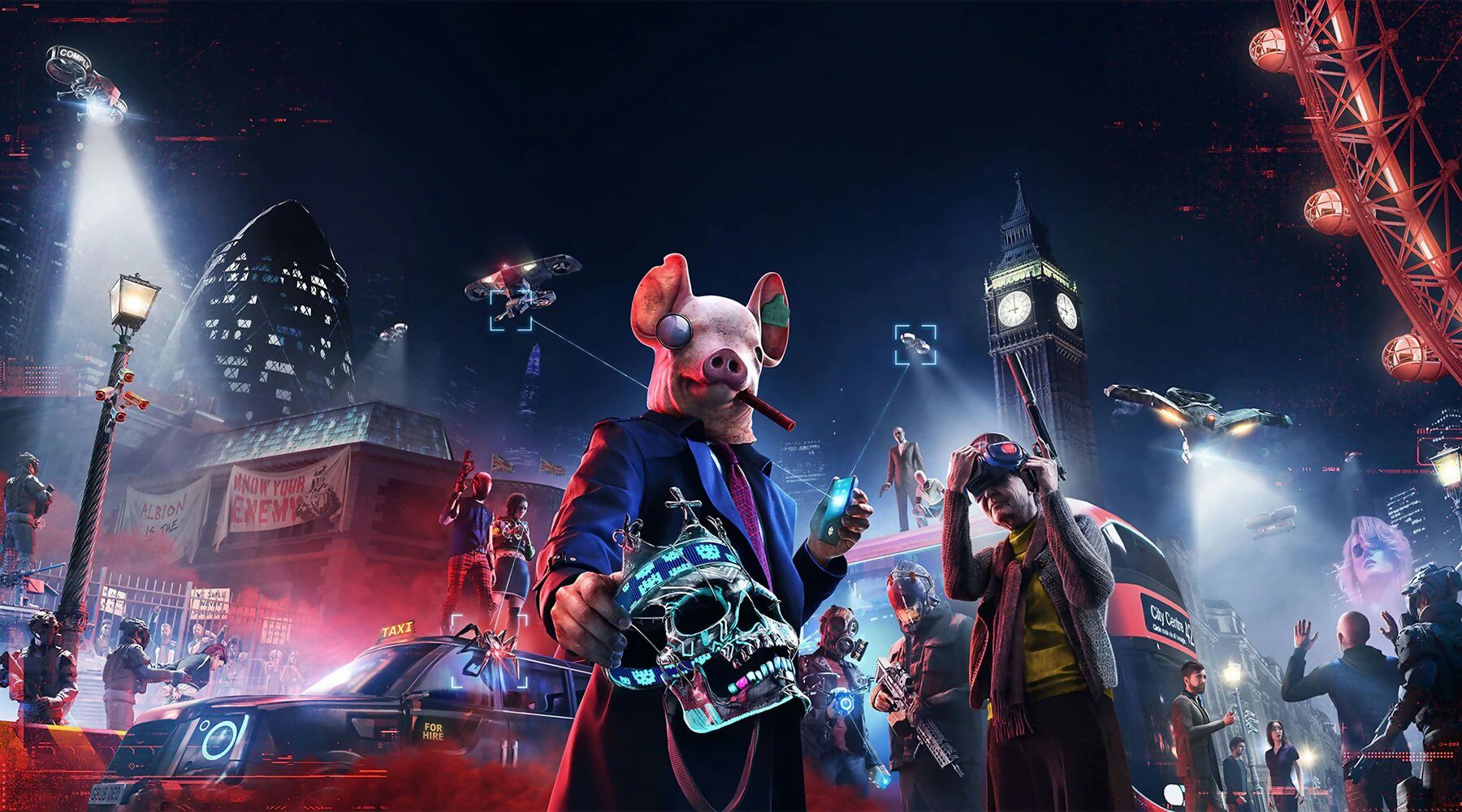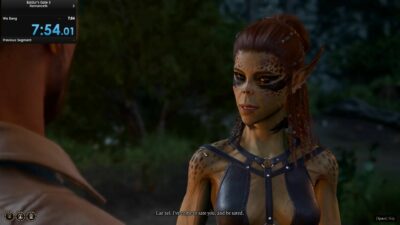
The latest offering in Ubisoft’s Watch Dogs series, Legion, is set in a post-Brexit UK where Scotland has decided it’s had enough and has become independent, leaving us to our – naturally mostly terrible – own devices. The action-adventure game has an intriguing twist at its heart: you can become any NPC.
Legion’s director, Clint Hocking, has been talking to Gamasutra about how that works and how the idea sprung to life in the first place.
“When we first had the idea that you’d be able to play as anyone in the game, we had to of course bring in a bunch of major stakeholders, you know the lead animators, the lead programmers, the lead sort of engine architects…the lead audio guys, sound guys, and the lead writers and start talking about you know, breaking the problem down,” explained Hocking. “Like, how are we gonna cover all the pieces that we need to cover and make them all work together? I think the most important thing that we started working on pretty early was something we call ‘census,’ which is a massive relational database that lives at the heart of the simulation.”
That relational database makes sure that when you take control of each individual character, their particular skills, lifestyle and abilities are reflected in how you can perform within the game.
“If you see a groundskeeper trimming hedges in a park, and he has a certain ethnicity, when you lock on to that person and profile them, he’s going to have a name that reflects the ethnicity that you saw and he’s going to have an animation set based on how he was animating,” says Hocking. “Because he’s a groundskeeper, he’s going to make a certain amount of money which means he’s gonna be allowed to live in certain neighbourhoods, and because of his ethnicity will navigate to a different part of those neighbourhoods depending on where the different communities live within London. Then he’s going to have certain friends and activities maybe he’s an outdoorsy guy. He has an outdoor job so he may be more fit and have a gameplay trait that reflects higher health or higher agility or something like that.”
Hocking also explained that his background working on Far Cry and Far Cry 2 meant that this was just the next step in a natural evolution of thinking that affected Watch Dogs Legion’s dynamic.
“I worked on Far Cry and Far Cry 2 and uh …the kinds of emergent behaviours and actions that you see tend to be in the moment to moment,” he said. “We have that as well, but now we’re seeing emergent behaviours happening across the timeline of like a story of a character arc of someone’s life…People come out of these demos all day every day and they tell us amazing stories about what happened to the person they were demoing to.”
Wireframe #17 is out now.





